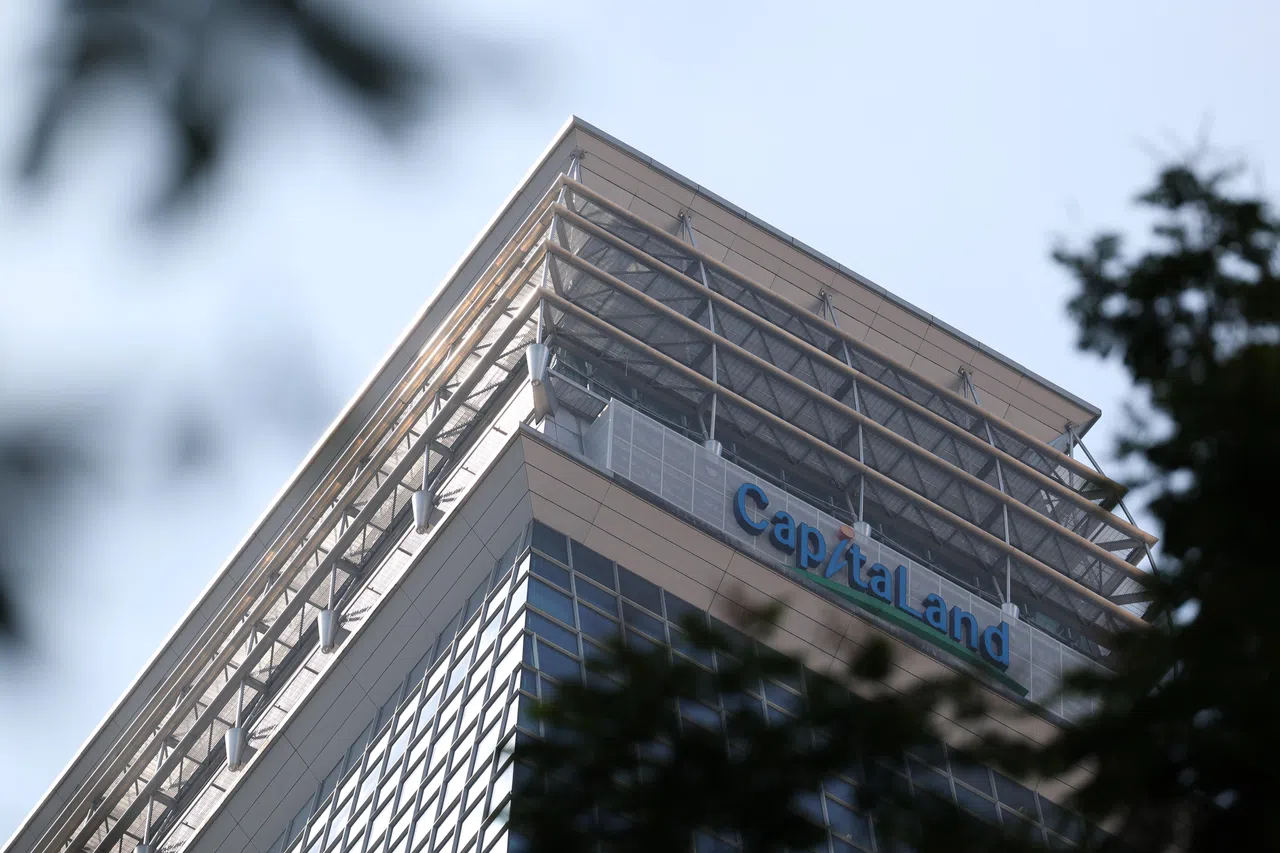[NEW YORK] Carvana’s shares notched an all-time high this week, rising more than 10,000 per cent from a low in late 2022, and delivering a blow to investors betting against the online used-car dealer.
The jump to record caps a roller-coaster ride for the stock that quickly became an investor darling after a public debut in 2017, but has also been plagued by criticisms ranging from claims that the company was overvalued and allegations of lax business practices. The latest gains came after the company’s blockbuster second-quarter results on Wednesday (Jul 30) fuelled expectations that a turnaround is taking hold at the embattled company.
As a result of the rally, short investors betting against Carvana have been dealt a US$7.42 billion blow in mark-to-market losses since the end of 2022, according to calculations from S3 Partners. About 10 per cent of the company’s free float is currently held short, down from 55 per cent on Dec 27, 2022, when the stock had dropped to its lowest level.
“This rally from the lows has turned Carvana into one of the most spectacular recoveries in modern market history and a brutal reminder of how dangerous shorting stocks like this can be,” said Dave Mazza, CEO at Roundhill Financial.
Carvana shares closed 5.7 per cent lower on Friday, retreating from Thursday’s record but still ending the week more than 10 per cent higher.
Carvana’s online platform allows customers to buy a used car without getting up from their couch, a business model that attracted immense interest during the Covid-19 pandemic. The share price quickly skyrocketed, followed by a brutal 99 per cent wipeout during the wider tech sell-off that ensued. But now, as the appetite for riskier stocks and growth assets has come roaring back over the past month, Carvana is in the right spot to benefit.
BT in your inbox
Start and end each day with the latest news stories and analyses delivered straight to your inbox.
“Before Gamestop, a move like this would have been impossible,” said Mark Hackett, chief strategist at Nationwide Funds Group, referring to the retail-trading-driven mania involving risky stocks that gripped the markets in 2021, and seems to be rearing its head again this year. “But now it is common.”
But it is not just the retail-trading fervour around growth stocks that’s helping Carvana’s shares, market watchers say.
Carvana’s online business model helps to differentiate it from other auto dealers, who largely operate brick-and-mortar stores, and that has given the relative upstart a higher valuation multiple. At the same time, the trade policy chaos unleashed by US President Donald Trump’s tariff programme has been a boon to used-car sellers, who saw demand rise as consumers try to avoid the steep new levies.
On Wednesday, Carvana reported second-quarter results that included record-setting revenue, propelling the stock to a breakout above 2021’s prior record high. Nationwide’s Hackett said that tariff-driven margin benefit was the main source of growth during the quarter.
As Carvana soared from the 2022 low, its more traditional peers, such as CarMax, AutoNation and Lithia Motors, have seen no such surge. CarMax shares have fallen about 7 per cent over the same period as at Friday’s close, while AutoNation climbed nearly 80 per cent and Lithia rose 44 per cent.
After the latest results, some analysts see more strength ahead for Carvana.
“Investors haven’t yet witnessed Carvana’s true earnings power,” said Alexander Potter, analyst at Piper Sandler. BLOOMBERG







